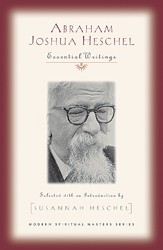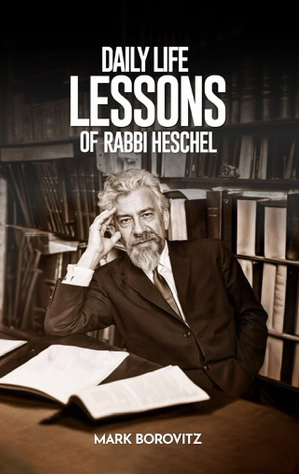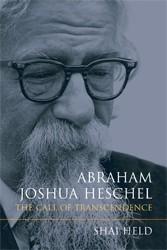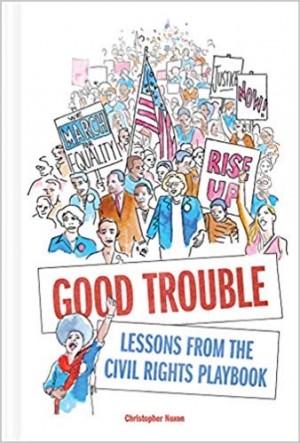In this sequel to his first biography of Heschel pre-arrival to America, Kaplan has given the entire Jewish world yet another precious gift. This highly readable, substantial work covers Heschel’s arrival and first years on the faculty at Hebrew Union College in Cincinnati through his years at the Jewish Theological Seminary and his untimely death in 1972. The sheer range of Heschel’s philosophy and theology — communicated with equal elegance and passion in both written and oral communications— is conveyed with precision in this overview and analysis of three decades.
We see Heschel’s development and emergence — in prophet-like fashion — as an outspoken champion of civil rights, human rights, Soviet Jewry, and a vociferous opponent of the Vietnam War. And we see an extraordinary theologian who contributed to all segments of the Jewish and non-Jewish world that grappled with issues of faith, belief, tradition, change, prayer and the meaning, mission, and responsibility of human beings to each other and to G‑d. The appeal of his philosophy and theology was such that Thomas Merton, a leading Catholic theologian, referred to him as the “…world’s greatest theologian.” The Archbishop of Canterbury, the Greek Orthodox Archbishop and the [then] Bishop of Rochester Fulton Sheen described him as “perhaps the most knowledgeable theologian on the meaning of prayer” — AND, four great Hassidic rabbis — the Novominsker Rebbe, the Boyaner Rebbe, the Kopishnitzer Rebbe, and the Czechover Rebbe — also referred to him as Ha-Rav-Ha- Hasid (the Hassidic rabbi)! Through his meticulous review of notes, letters, files, and interviews with leading religious and political figures, friends, students, etc., Kaplan allows us to be at times a “fly on the wall” privy to the full range of Heschel’s formidable talents — as well as his private side and even his foibles. The chapters that deal with Heschel’s involvement in interfaith relations and, in particular, with the Vatican in the early 1960’s regarding doctrinal claims of Jewish deicide as well as proselytizing to Jews, are but one example of Kaplan’s masterful, almost dramatic presentation of a critical aspect of modern Jewish history.
For those of us who are deeply steeped in and committed to tradition who also have a pluralistic view of Judaism and a broad perspective of the scope of the Divine revelation to many peoples, this book reacquaints us with the genius, grandeur, and religious fervor that was Heschel. And, while perhaps unintended, it gives a voice to Heschel, nearly forty years after his death, calling all of us to task to examine what we are doing in this world and for this world.





